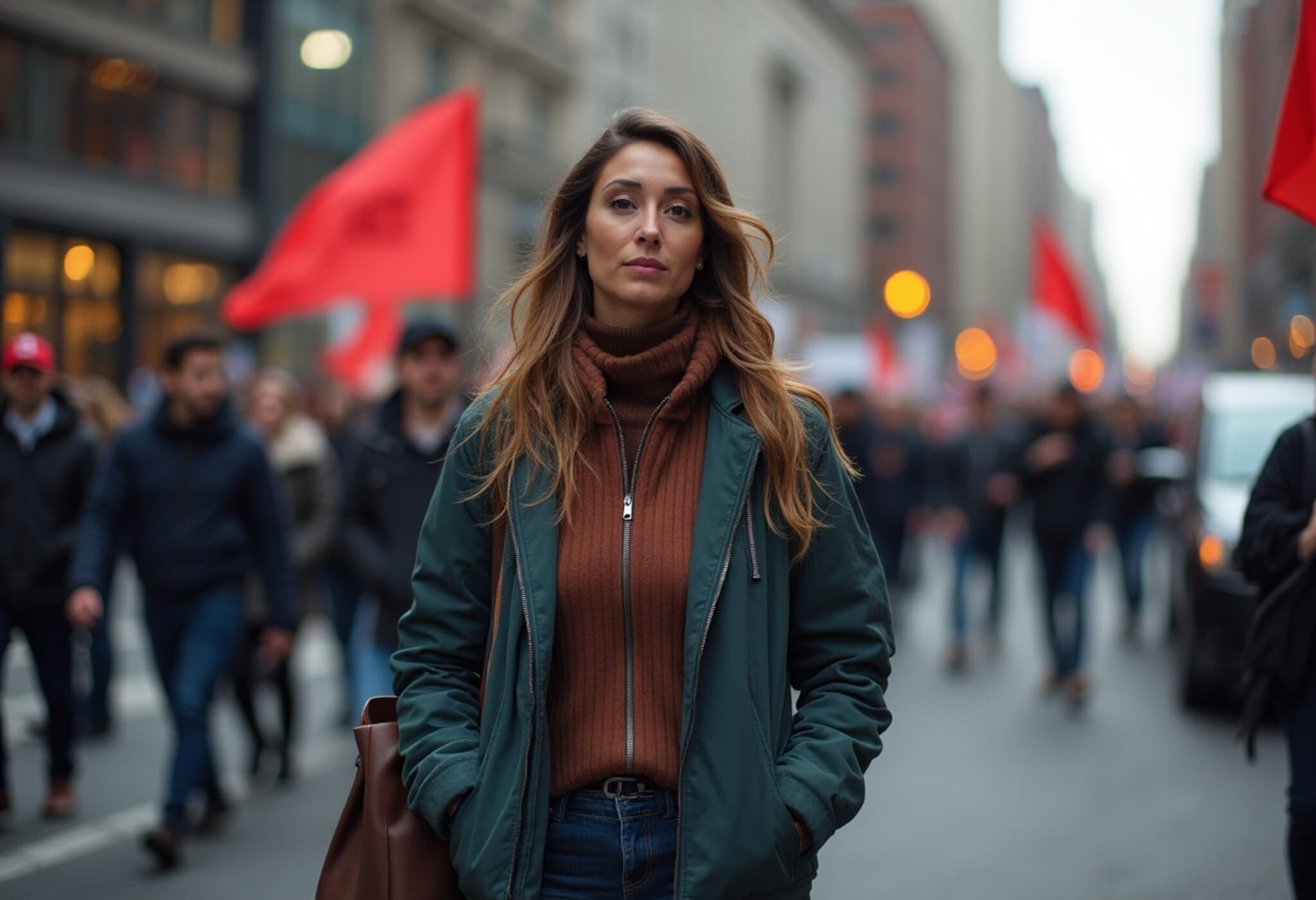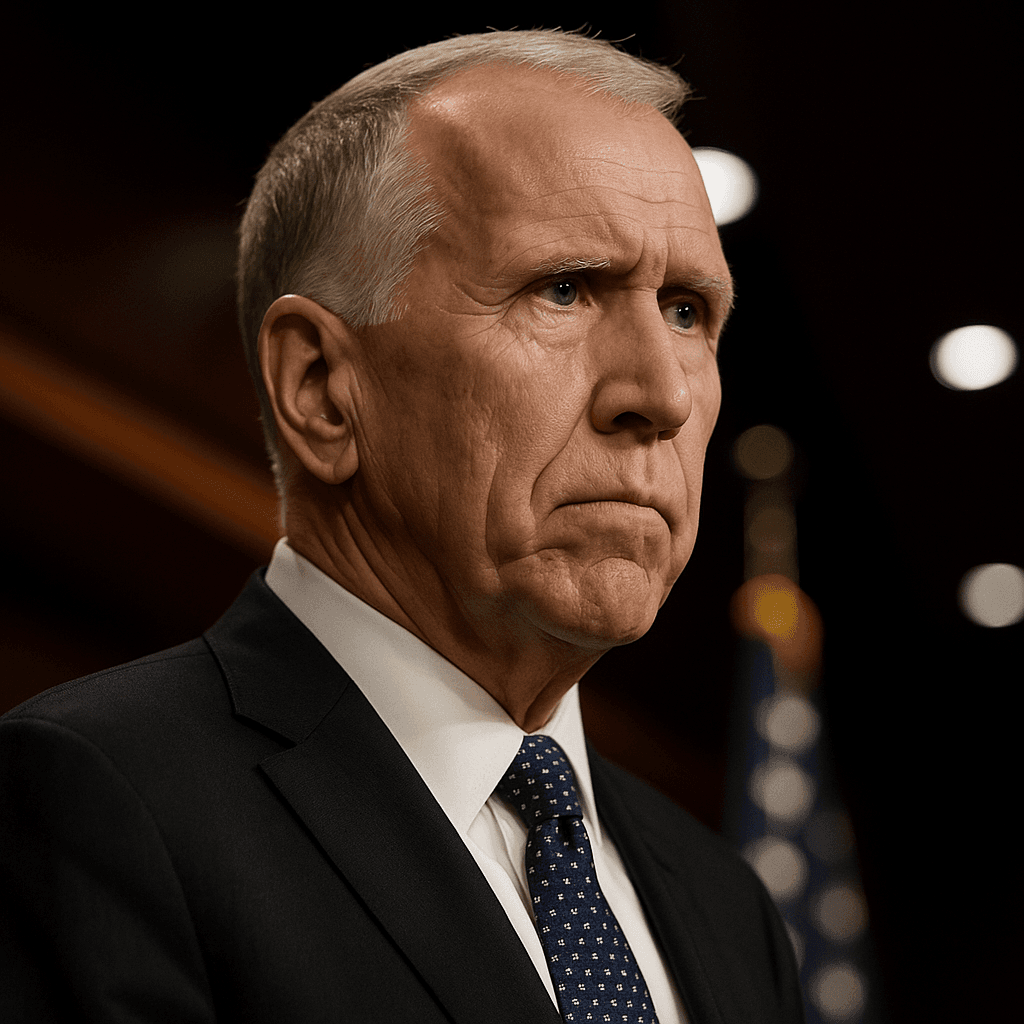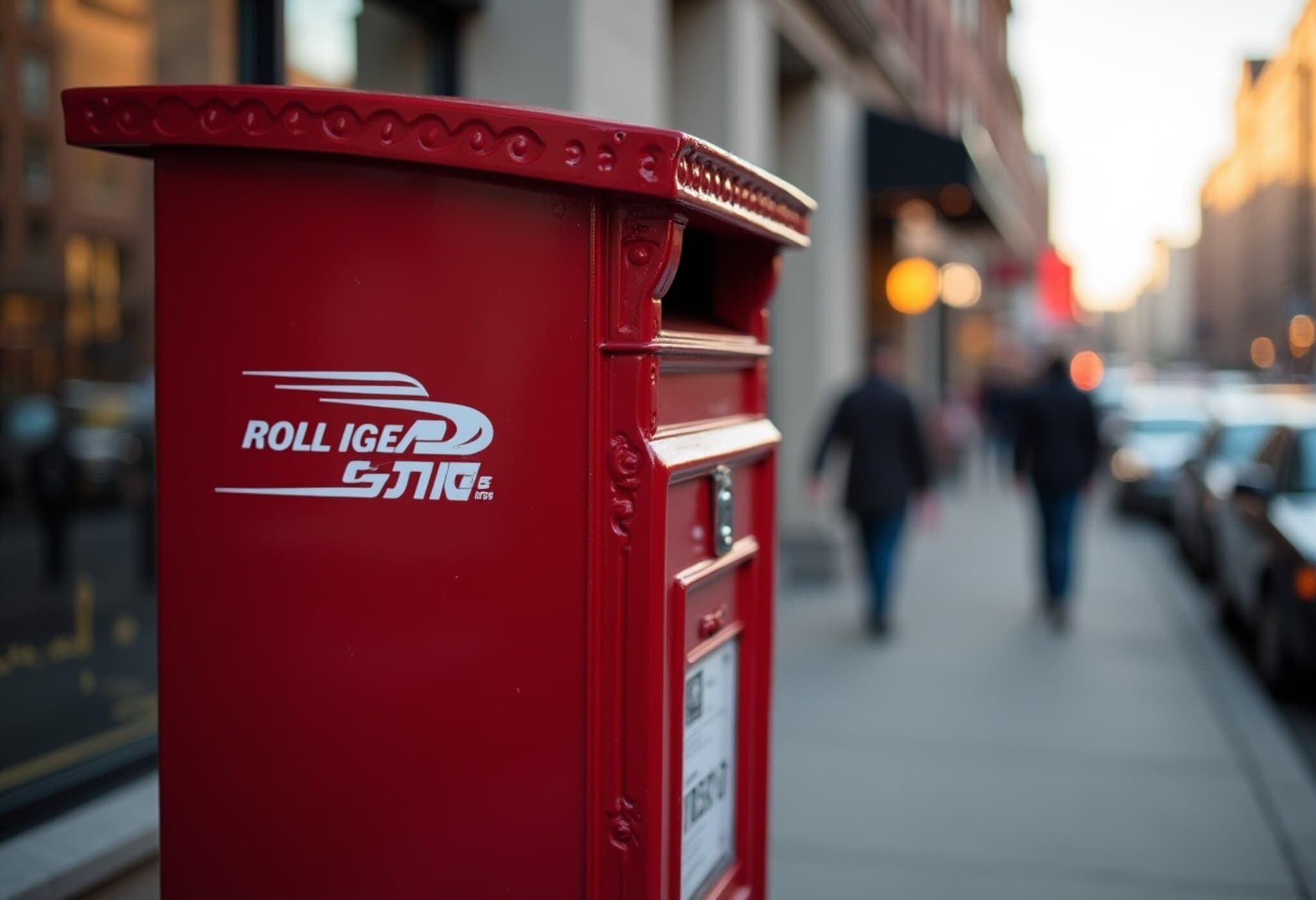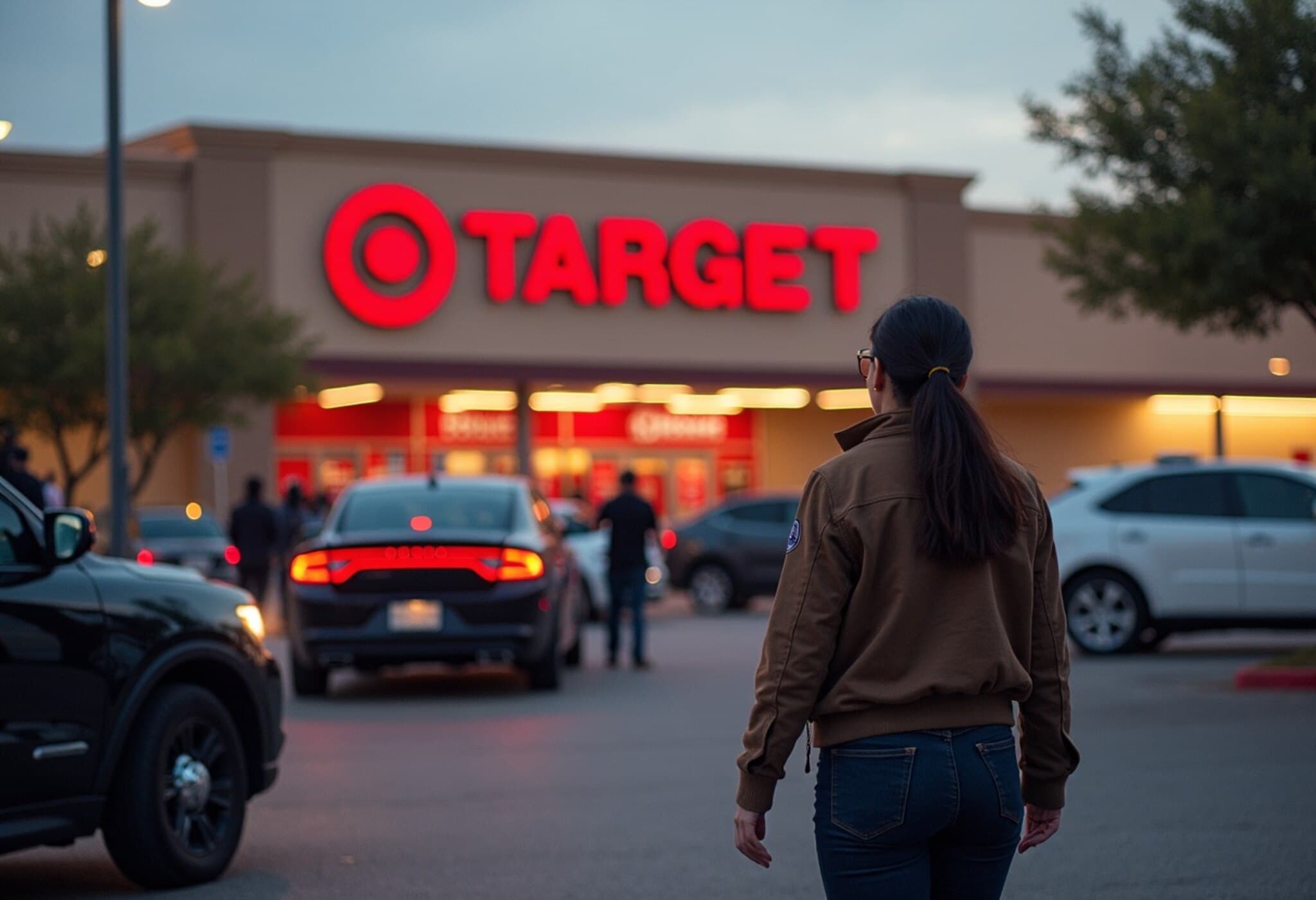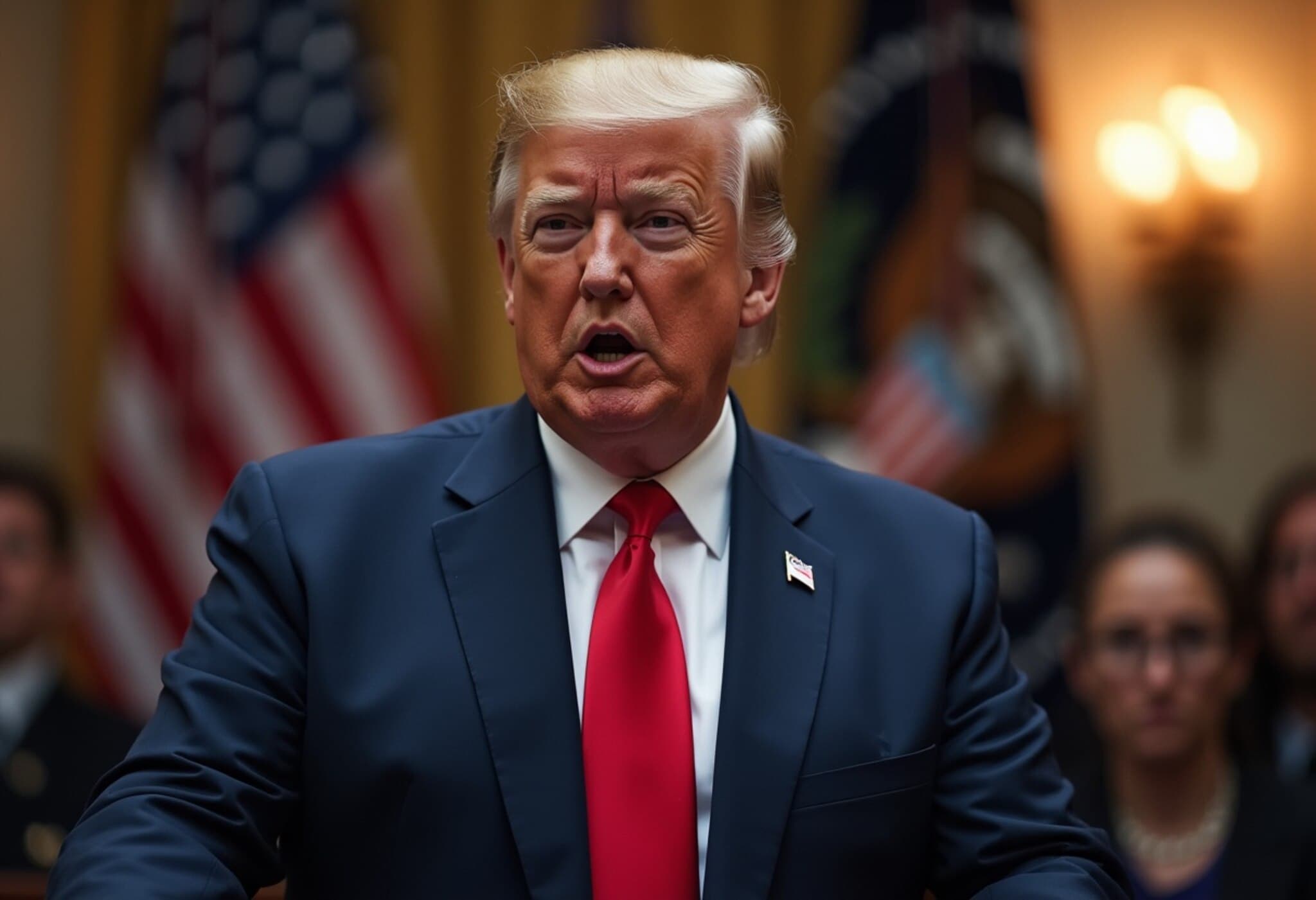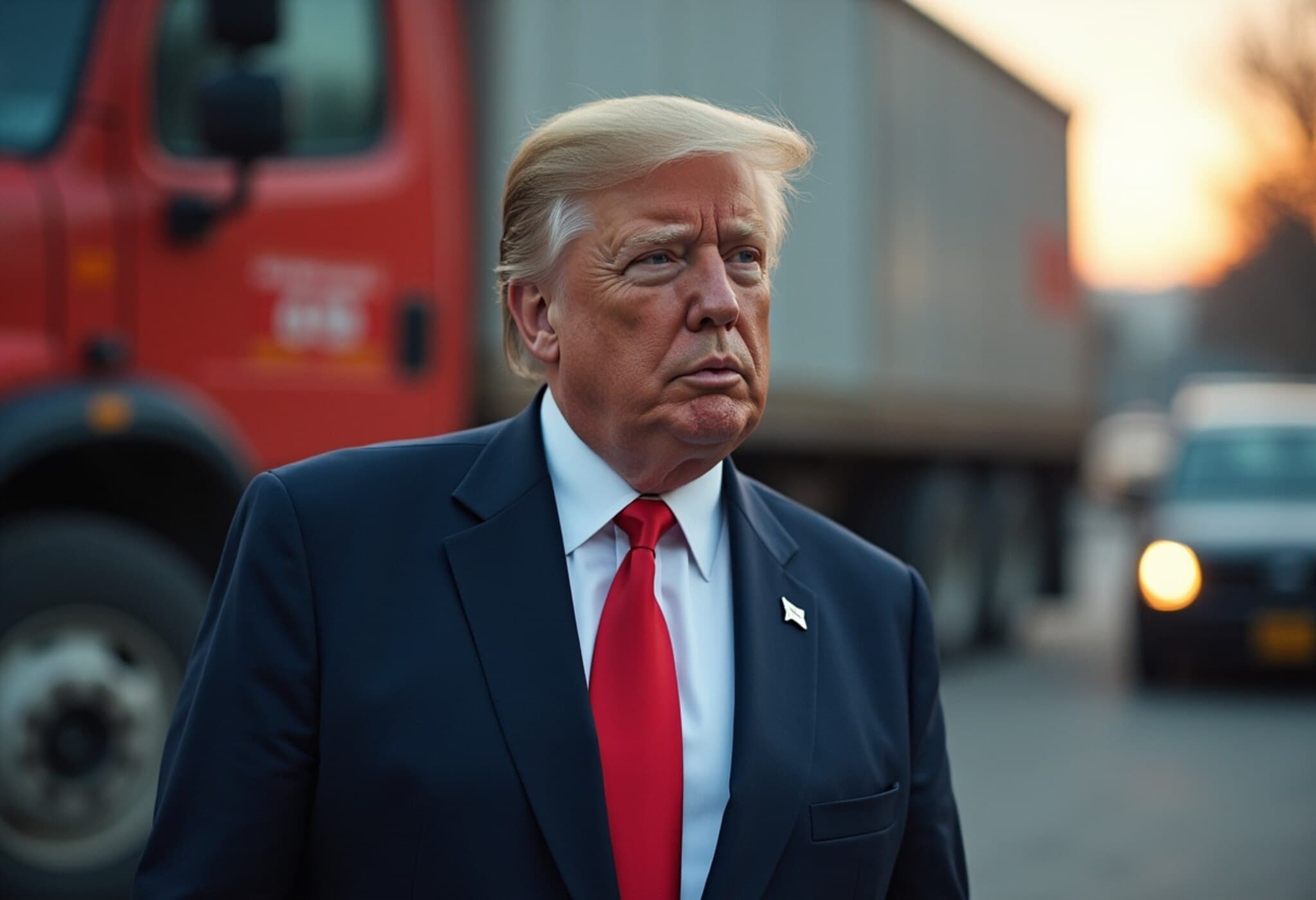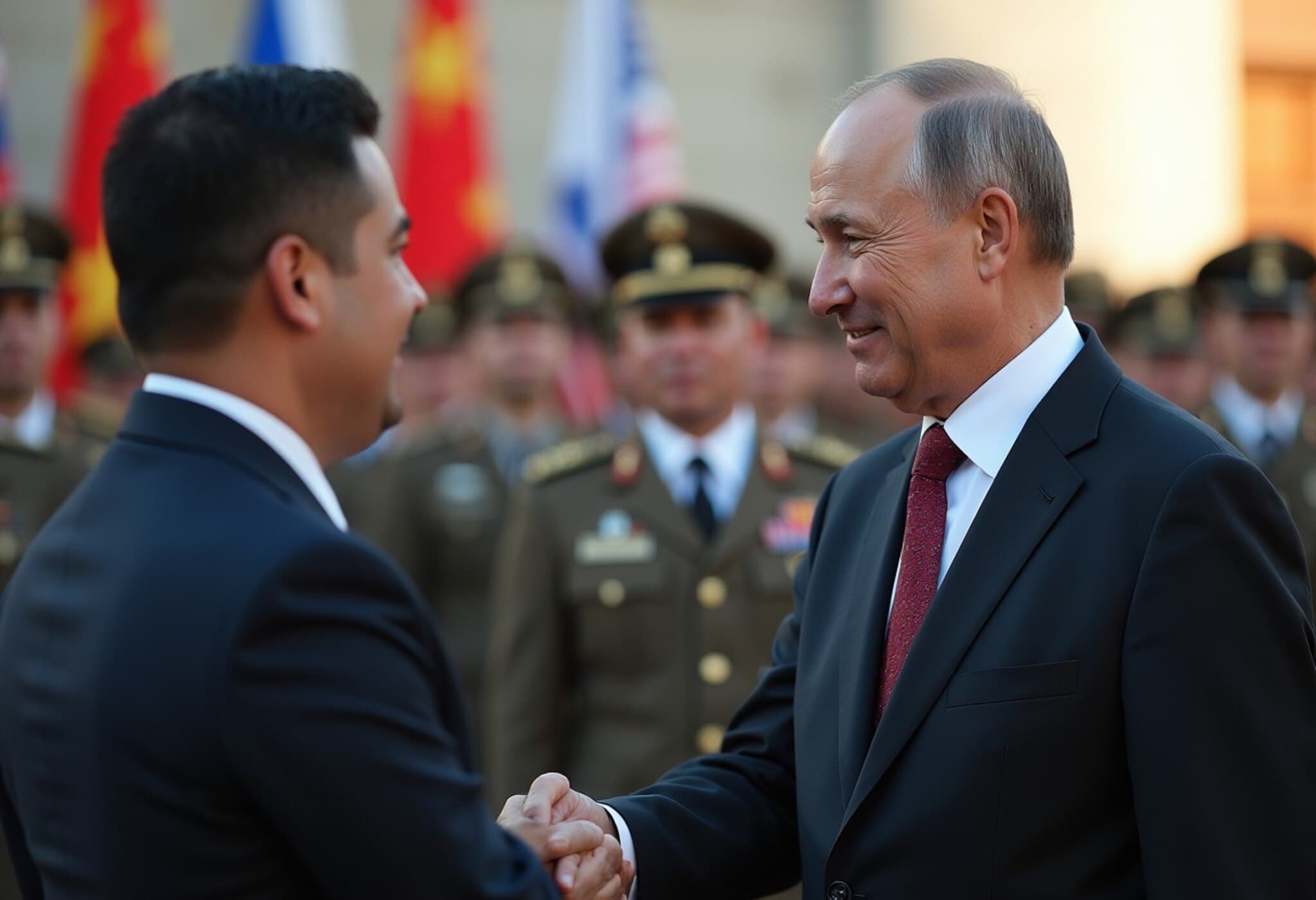Philadelphia Public Workers End Strike After Eight Days of Disruption
In a significant development for Philadelphia residents and businesses, the city’s largest public sector union has reached a tentative agreement with Mayor Cherelle Parker, bringing an end to an eight-day strike that severely disrupted municipal services, especially garbage collection.
What Led to the Strike and Its Impact?
The strike, initiated on July 1, involved approximately 9,000 municipal employees represented by the American Federation of State, County and Municipal Employees (AFSCME) District Council 33, which includes around 1,000 sanitation workers. This work stoppage not only halted trash collection but also forced the city to scale back essential services like public library operations and delayed critical repairs on infrastructure issues such as water main breaks and street cave-ins.
The most visible consequence for Philadelphians was the mounting piles of uncollected garbage in neighborhoods, prompting the city to rely on private contractors and nonunion municipal employees to manage waste. However, this stopgap measure faced sharp criticism over its efficiency and adequacy, underscoring the indispensable role of unionized sanitation workers.
Terms of the New Agreement
After intense negotiations, the union and city officials agreed on a three-year contract offering a 14% pay increase over the mayor’s four-year term. This new agreement is aimed at addressing wage concerns, with union members having previously expressed that prior offers failed to keep pace with inflation amid rising living costs in Philadelphia.
While the deal marks the first major settlement in nearly 40 years for AFSCME District Council 33, it is still subject to ratification by union members, who remain cautiously optimistic about the terms.
Broader Economic and Policy Context
This strike shines a spotlight on deeper economic challenges faced by municipal employees nationwide. Many public workers grapple with stagnant wages when inflation surges, fueling labor disputes in cities across the U.S. Philadelphia’s large urban workforce exemplifies this tension, especially within vital services like sanitation that directly affect public health and quality of life.
From a policy perspective, Mayor Parker’s administration had to strike a delicate balance between fiscal responsibility and ensuring fair compensation for workers. The willingness to reach a multiyear contract contrasts with the short-term extensions seen in prior years, signaling progress toward more stable labor relations.
Expert Insight: Labor Relations and Urban Management
Labor experts emphasize that the resolution of Philadelphia’s strike underscores the importance of proactive dialogue between public employers and unions. “When workers feel their pay does not reflect the cost of living or their workload, it’s almost inevitable we see disruptions,” says Dr. Lisa Hernandez, a labor economist at Temple University. “Cities must prioritize sustainable wage growth to maintain essential services without frequent interruptions.”
Moreover, urban planners note that the strike reveals the fragility inherent in relying heavily on a single public workforce for critical infrastructure maintenance. Developing contingency plans and diversifying service delivery partnerships might mitigate future risks but should never replace fair treatment and compensation for frontline workers.
What's Next for Philadelphia?
- Union Ratification: Members will vote to confirm the tentative agreement, a step pivotal for lasting peace.
- Service Restoration: City departments aim to swiftly normalize trash collection and resume full municipal services.
- Monitoring Implementation: Both parties will oversee contract adherence, particularly wage adjustments and working conditions.
As Philadelphia looks ahead, this strike serves as a powerful reminder of the interdependence between city officials and the workforce that keeps America’s sixth-largest metropolis running smoothly. The resolution also brings hope that collaborative negotiations can forge agreements benefiting both labor and the wider community.
Editor’s Note
The Philadelphia strike illustrates a growing trend of public worker labor actions across major U.S. cities, rooted in the challenges of balancing fiscal constraints with fair compensation amid inflation. While the tentative contract offers a positive roadmap, lingering questions remain regarding how cities will sustainably fund wage increases and maintain core services without recurring disruptions. For residents, it highlights the critical but often overlooked role municipal employees play in everyday urban life.

